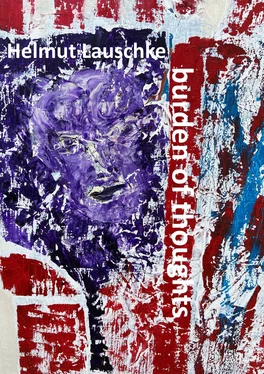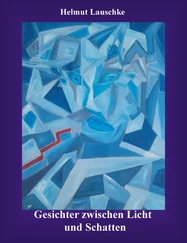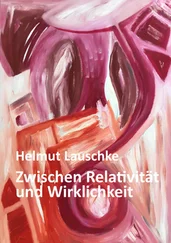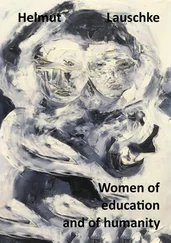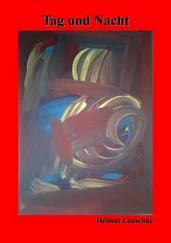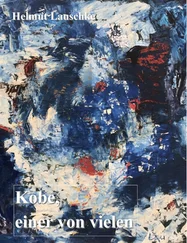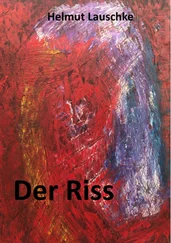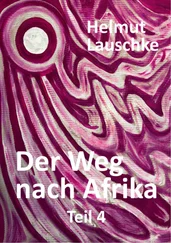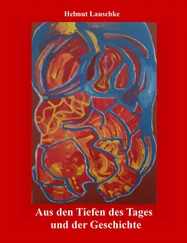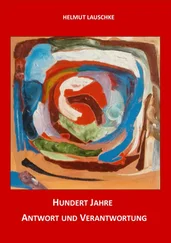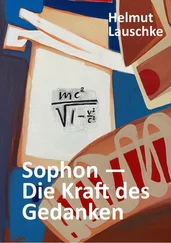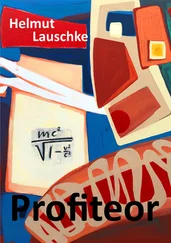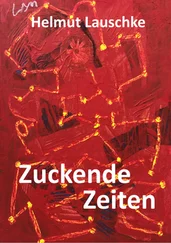It comes, it goes, stops halfway, it’s thoughts that slide into each other to form the fortress of the train of thought and the defensive wall, when counter arrows of thought aim at the fortress. The arrows hiss, they do not hit wisdom, which opens wide as an umbrella to the vault of peace, so that the peoples meet with their cultures linguistically, to hold the threads of peace and to tie them more tightly.
What is to come, the cosmic spirit turns its rounds, there are loops with arches of beauty in great numbers. The eye foresees the walk that does not belong to the human being, because the small sight cannot reach such expanses. There is the law of straightness in relativity, when the line is straight and neatly drawn to the edge. And from there it is the beginning of wisdom in truth, because one thing belongs to the other, as if they were siblings.
So listen to your hearing, and after listening, speak the word, give answers to the questions that children already carry with them. Look here and up, but not back, so as not to break the whole which has been devised, recorded and constructed with great effort. The world through which the breath passes is big and small at the same time, this is what the spirit of the great creation teaches every day and every hour. What eases doubts and takes people further is the walk through woods and meadows with its smells and songs.
Being able to ask wisely is half the story.
(Francis Bacon 1561-1626) Quotes: Not the lucky ones are grateful; it is the grateful who are happy. In the theater of human life, only God and the angels are allowed to be spectators. Nothing is more damaging to a state than that the clever are considered smart. The best attitude towards evil is not to want to do it. Good attitudes alone, while pleasing to God, are of little more value to the general public than good dreams unless they are translated into action.
Whether from the front or from the back, the question must be understandable, because the core of the matter must be peeled out and grasped. Big or small, the story as it is is always fine when the contents are freed from the ballast of the thick shell.
Asking wisely, that is to put the asymptote close to the circle of things, is the targeted focus of the thought on the crux of the matter, is the sharpness of the sense of proportion on the meeting point in the palette, where thing and thought correspond and are compatible on the plateau of being.
Asking questions is often the decisive and big thing in comparison to the answer, which is usually smaller in size and lighter in weight of the content and leaves open what should be closed on problem-related. So asking questions in propriety is an art that is followed by the answer.
This gives reason for the thinker to speak of the ‘half’ truth, which is perceived in its entirety and sought and held up. Truth also takes precedence over prudence, as it is resistant to any manipulation and at its core is sublime and invulnerable.
The question triggers, it points to the future, and the water flows, the answer brings the contradiction and with it the doubt. Doubt comes from thought as the philosophical magnet that questions what was recognized as useful and therefore correct.
Neither in questions nor in answers there is unambiguousness because everything, when it is thing-like, has its light and dark side. The spirit in the idea stands above the opposite of the sides, because with it there is no shadow side in the brightness of the light.
Because everything people do is incomplete and fragile, the question of correctness and permanence takes its right. On the other hand, in the imperfection lies the dynamic of the correction, to do better what is flawed, to secure it against temporality.
The object-like relation of the question to life is thus transient, which does not diminish the importance of the question at the right time. Everything is subject to the philosophy of thinking and rethinking, as long as the striving for truth is human in man.
New comes because old goes, because every gap requires filling, in doing with the hands as in doing thinking and knowing. The time has come and awaits the correction in human action in order to approach the full truth in the being of thinking and doing.
There is the question that remains to be asked, what temporality comes to the moment that illuminates in a flash of inspiration the resolution of the problem of the thinking cell, that shines what has been searched in vain over the years and researched with methods of high technical performance.
Ultimately, the prudence in asking the question on the second level in the approach of the sentence in the intellectual linguistic profile remains reserved. Nothing is perfect what a person thinks, deduces and does in the differential, so nothing is perfect what is in front of the eye and forms the thought.
The happiness of life depends on the nature of the thoughts.
(Marc Aurel 121-180 AD) Roman emperor from 161-180, philosopher, was adopted by his uncle Antoninus Pius at the suggestion of Emperor Hadrian at the age of seventeen. Marc Aurel undertook reforms in the judiciary and administration. He founded schools, orphanages and hospitals for the needy.
Quotes: The soul is the color of your thoughts. Our life is what our thinking makes it. The best way to get revenge: Do not reward like with like. The ability to live happily comes from a power inherent in the soul. Despair inevitably afflicts those whose souls are out of balance. If you knew the source of human opinions and interests, you would cease to seek people's applause and praise.
It is the roots from which the thought grows, it is the soil that supports and nourishes the roots so that the seedling sprouts towards the light of freedom, because nothing wants to end in the crumb without bearing the fruit, for the purpose to fulfill, which is stuck in the seed and swells.
It goes down to the filigree of what is supposed to germinate at the other end, forces that belong to the beginning of creation and elude the moment, because it is the spirit that takes off, rushes by, grasps, forms and further models, work that out the shaping creates the shape that gives the image.
It stretches and bends, despite the weight of the ground, because what takes off is the spirit that pulls the germ out of the ground, because the ground only belongs to the beginning in the brevity of the handover. There it is the three-phase gift from spirit to the ground and back to spirit, when the dead comes to life in the creation well of the forces.
It sprouts and grows, hangs on lung leaves and sets up flowers, yes it lifts and widens the narrowness to the level of young hope and expands the dewy and scented spring meadow to anticipation. The thought begins to run the new route and to whirl where there is freedom, where friends shake hands and love hugs.
Under the railing, flowers entwine, which greet in the splendor of the shapes and colors in the adult and the grace, which gives the eye the magic. A word that would like to form leans spontaneously on the singing voice, because there is great joy in being there when life is reborn in the world sound of harmony, where time finds itself anew in eternity.
Flower heads sway in the wind, they bend respect towards what they touch with attention and devotion in contemplation and silence, because wherever nature as mother asks the looking eye for devotion, modesty should immediately in the course of simultaneity because otherwise the timeless gift of greatness cannot be recommended.
Whether in this contemplation the intellect in the permanence of its restlessness understands this is a question that is as old as humanity and has remained open, although there is no lack of insight and diligence. The path demands his respect, which is not to be trodden on, but in thorough reflection on what life is and should be in thought.
Читать дальше
